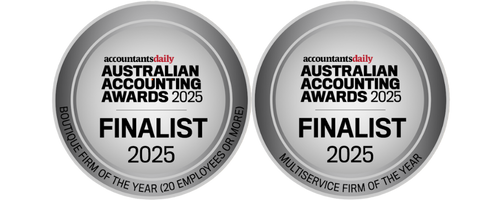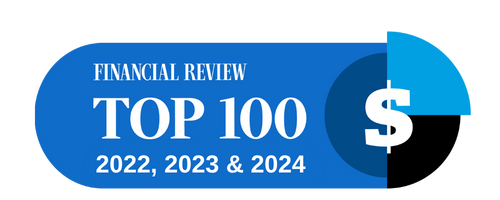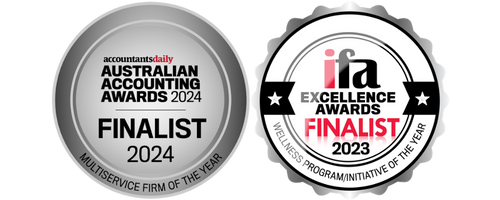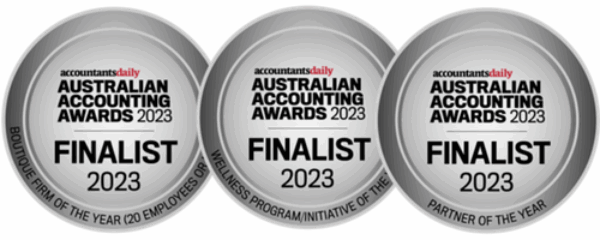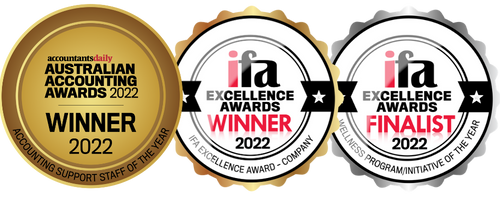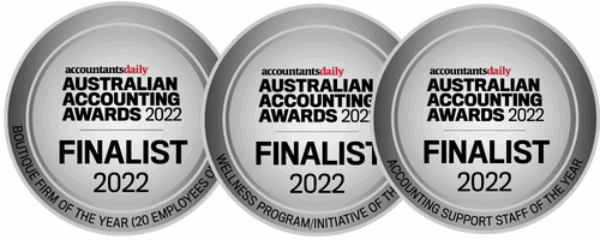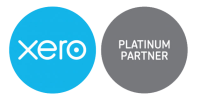So, you have completed your training, you are now a consultant and have done a fellowship… what next?
If you’re like most medical professionals, chances are you’ve thought about taking the next step in your career by transitioning into private practice.
But how do you know when the time is right, and what are the key things you should consider before you make the move? Let’s take a closer look.
Transitioning to Private Practice
The transition to private practice for any doctor is certainly an exciting opportunity. However, as you make the transition it is important to first take the time to understand what the change means to you in terms of structure, how you will receive income and the opportunities you can take advantage of when you are in private practice.
It is important that you seek advice from medical accounting specialists who have supported clients through this process before. Without appropriate advice you could find yourself operating from the wrong structure and in trouble with the ATO.
Getting Started in Private Practice
The first step towards starting in private practice is understanding the structure that will best suit your needs. Personal Services Income (PSI) rules and Australian Tax Office (ATO) compliance will be the biggest dictators to the structures which are best for you to set-up and operate through.
In your early years of private practice, the most simplistic and low-cost structure for you to operate may very well be as a sole trader via your own personal Australian Business Number (ABN). This means you are essentially creating a business in your own name.
GST registration is only required when you estimate that you will earn greater than $75,000 private income via your ABN in a 12-month period. However, as a medical professional, the provision of medical services is generally a GST free supply, so it can be advantageous to register for GST from the very start in order to claim GST credits on all of your business expenses. If you are registered for GST, you will be required to prepare and lodge Business Activity Statements with the ATO. This is something you will want to be completed by a medical accounting specialist.
Things to Consider when Transitioning to Private Practice
Once you have decided on the structure you will operate and the registrations that you will require, there is a relatively long list of other items that you will need so consider, including:
- Practice management software – what software is right for your speciality and do you want a cloud-based solution?
- Revenue collection – how will your patients pay you and into what bank account?
- Bookkeeping, accounting & taxation – who will you engage to do this for you? Are they a medical accounting specialist who understands the industry you operate in? Will you use a cloud-based accounting software package such as Xero?
- Tax and PAYG instalments – tax will become one of your biggest business expenses, understanding how and when to pay this is something you will want timely advice on.
- Superannuation – consideration will need to be given to making personal superannuation contributions and you will want to seek financial advice regarding this.
- Employees – will you employ anyone? If so, consideration needs to be given to registration, WorkCover, superannuation and Single Touch Payroll. You should seek advice on this.
- Service agreements – if you are joining an existing practice it is likely you will need to sign a service agreement. You may want to get legal advice before signing such a document.
Meet our Specialists in Transitioning to Private Practice
The transition to private practice is exciting and sometimes a little daunting which is why you want to engage a medical accounting specialist right from the start.
At Walshs we will always educate you on all of the above as it relates to your circumstances and activity assist in arranging all aspects of the transition both now and continuing in the future. Our aim at Walshs is to make the transition as seamless as possible, in a cost-effective way, so you can enjoy the benefits of working in private practice.
Kaitlin Brock – Accountant, and transition to private practice specialist
As a medical accounting specialist, Kaitlin strives to build strong relationships with her clients to not only educate them but to help them become financially independent over time. Kaitlin has a wide range of skills and knowledge from dealing with taxation, financial statement, GST, tax planning and ATO compliance which she draws on to ensure the appropriate plan is implemented with all her clients.
Kaitlin became a Walshs Associate in 2022, holds a Bachelor of Commerce and is a member of Chartered Accountants Australia and New Zealand.
Hugh Walsh – Director Accounting and Taxation, and transition to private practice specialist
As a Director and industry specialist at Walshs, Hugh’s emphasis is on building trusted long-term relationships with his clients to help them grow, protect and manage their wealth.
Hugh offers a wide range of skills and experience in providing strategic business and taxation advice to help his clients achieve their goals and manage their financial compliance. Hugh is known for collaborating closely with his clients, working together through every step of their business development.
Prior to joining Walshs, Hugh worked with various companies in Australia and abroad including PwC, Suncorp and CS Energy. Hugh holds a Bachelor of Commerce, Bachelor of Economics, a Masters of Science, a Masters of Business Administration, Diploma of Financial Planning and is a member of Chartered Accountants Australia & New Zealand.
Our professional and supportive specialists are here to share their knowledge and their networks with you to help make your transition to private practice easier.
To start your journey into private practice get in touch with me, or with Hugh, by booking an appointment online or contact our office.
By Kaitlin Brock, Accountant




